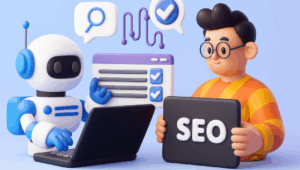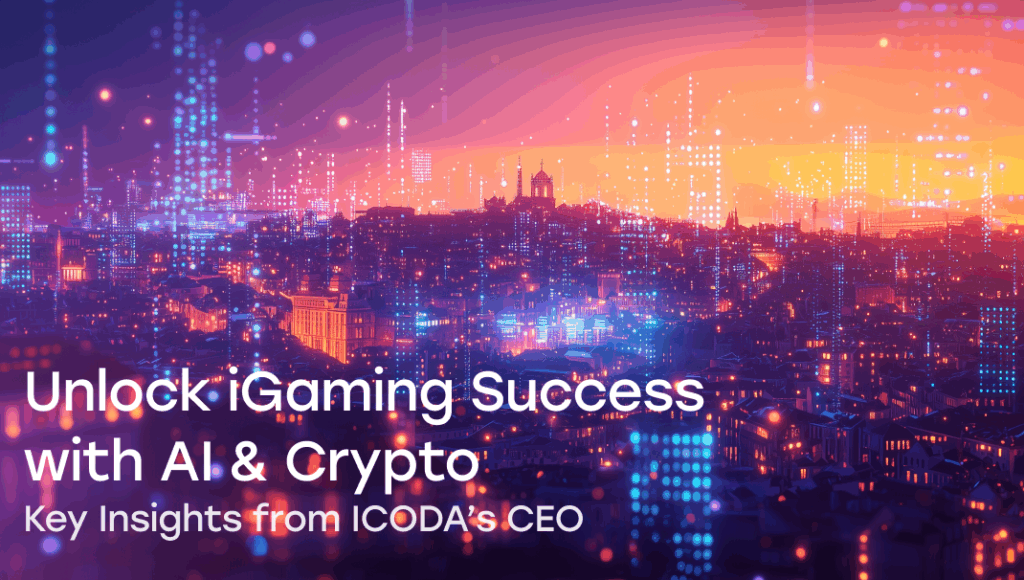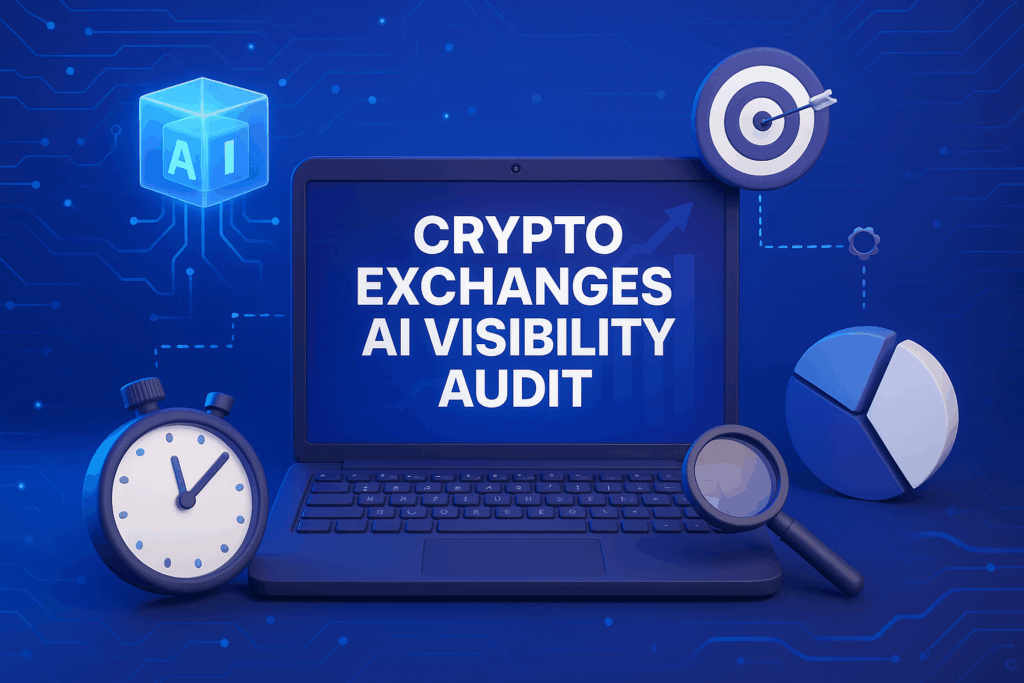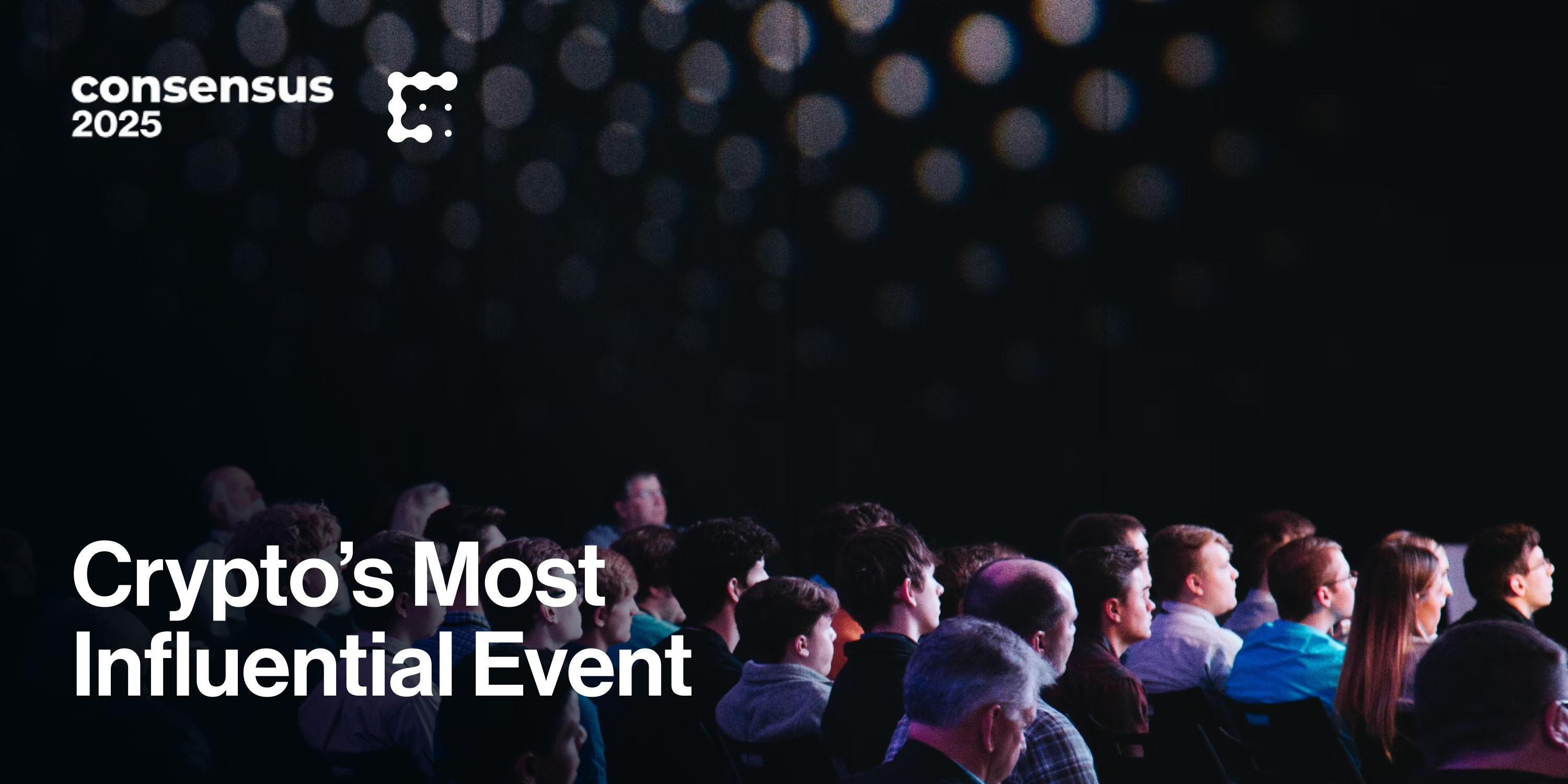share
Bitcoin was the first protocol to use blockchain technology. This technology introduced a decentralized way of managing systems, where each member (node or nodes) has the same rights as the others and consensus is reached through collective decisions. In other words, no miner on the Bitcoin blockchain can make decisions unilaterally – unless they own more than half of the network’s total computing power, of course.
However, miners decentrally manage the network, verify transactions and add new blocks to the blockchain but don’t participate in managing the development of the protocol. Developers make this decision independently, i.e., separately from the entire community. To address this misunderstanding, other developers came up with a new concept of distributed control or decentralized autonomous organization (DAO). We explain in detail what kind of model is used, how DAOs work, and how they contribute to the development of the blockchain economy.
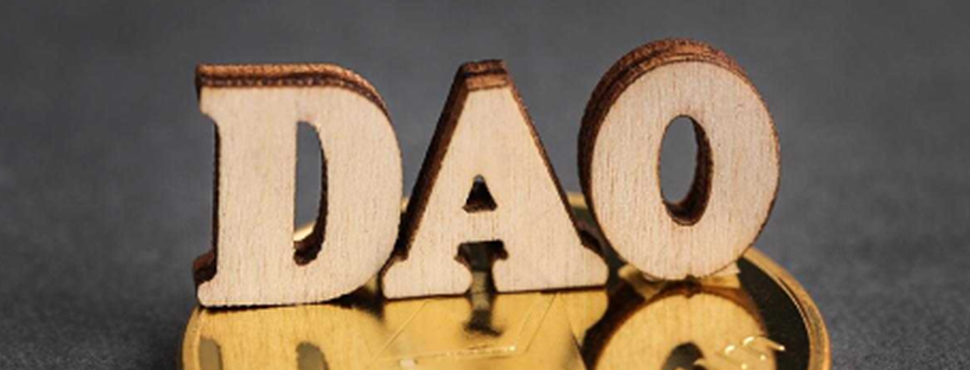
What’s a DAO, Actually?
Every conventional organization has a hierarchical structure: usually, the structure of companies is divided into the management area, which alone makes all strategic decisions, and other levels, which aren’t involved in the management of the company.
The management board can change the policy of the company at its own discretion, even against the wishes of other employees and especially customers. This is one of the main disadvantages of centralized management, which can harm both customers and the company itself in the long run.
What does a DAO offer? Decentralized Autonomous Organization introduces a fundamentally new leadership model based on a non-hierarchical or peer-to-peer structure, just like blockchain itself.
As the name suggests, the community manages the protocol in a decentralized manner, and the decision is made based on the results of a vote involving all members who have the cryptocurrency of the network in their wallets.
The Decentralized Autonomous Organization, known as The DAO, was the world’s first DAO platform created by Christoph Jentzsch and published on GitHub. The DAO launched in 2016 on the Ethereum blockchain.
The platform attracted a venture capital fund and more than $150 million in public investment via an initial coin offering (ICO) but was hacked later that year due to security issues. Hackers siphoned off about a third of the funds in ETH coins by exploiting a vulnerability in the protocol’s source code.
DAO tokens were taken off the market by major exchanges Poloniex and Kraken. In 2017, the U.S. Securities and Exchange Commission (SEC) published a report on the ICO conducted by The DAO, in which it found violations of parts of the local legislation, as the regulator considers tokens as DAO sold securities, which means that they’re subject to the corresponding regulations.
After the hack, Ethereum developers made the controversial decision to split the network into two blockchains and perform a hard fork to recover the funds of affected users. As a result, a new Ethereum chain emerged while the old one continued to function as Ethereum Classic.
In parallel, the Ethereum community also split: some users preferred to leave the main network unchanged, and it continued to function. Ethereum Classic is the original Ethereum network, and the new chain we know now has actually become a hard fork.
Ethereum developers consider DAOs to be “member-led communities without centralized leadership” and refer to them as “internet-native businesses.”
How Do DAOs Work?
To understand how DAOs work, you need to learn more about the technology behind them. DAO code is executed in a fully decentralized blockchain environment using smart contracts. In the same manner, decentralized applications (DApps) work and non-fungible tokens (NFTs) are issued.
This is the main difference from traditional companies that are run by a centralized leader. Decentralized autonomous organizations are an example of blockchain being used to solve a variety of problems. For example, while DApps provide users with access to decentralized financial services, DAOs provide a decentralized management system for blockchain-based projects.
Members of DAO use special digital assets called governance tokens to vote on changes to the protocol. All operations are performed by smart contracts, which are fully autonomous programs on the blockchain that verify compliance with certain conditions when executing transactions.
Smart contracts are also responsible for automating protocols and ensuring that they operate without intervention from users, including developers.
The rules for operation are predetermined and cannot be changed on the fly, as in human-run businesses. This is another key difference from traditional organizations: voting results are recorded on the blockchain and cannot be falsified in any way, ensuring completely transparent operations.
An example of successful DAOs is MakerDAO. The holders of the governance token Maker (MKR) have decentralized control over the operation of the MakerDAO platform. Incidentally, the world’s first algorithmic stablecoin backed by ETH coins was released on this platform.
To vote for the proposed proposal, participants must deposit governance tokens via a smart contract. This principle is similar to staking. Users who voted for the winning proposal receive additional rewards. After the process is over, the tokens are unlocked and returned to the wallet along with the reward. Therefore, entrepreneurs and token holders who enable DAOs can earn money through voting.
In reality, however, not all DAOs are sufficiently decentralized. Some Decentralized Autonomous Organizations use a system known as voting rights which determines the weight of an individual participant’s vote. Depending on the number of tokens, the voting power is determined: the more tokens a participant has, the stronger his or her vote usually is.
The downside of this approach is that owners of large amounts of cryptocurrencies or crypto values gain an advantage over other voting participants and have a stronger influence on decision-making to change the way protocols work, leading to a partial centralization of control.
Recently, another DAO mechanism has gained popularity where it’s not necessary to deposit governance tokens, and users only pay a network commission for a transaction when they vote for proposals. In such DAOs, token holders have equal voting rights.
Many blockchain platforms based on Cosmos Interblockchain Communications (IBC) technology, such as the Osmosis Zone DEX and the Juno Network, allow voting without tying tokens into a smart contract.
This means that you only need governance tokens to pay a fee when you sign a voting transaction. However, in this case, you won’t receive any rewards either, but voting rights aren’t on, which allows large players to centrally influence decision-making.
Advantages and Disadvantages of DAOs
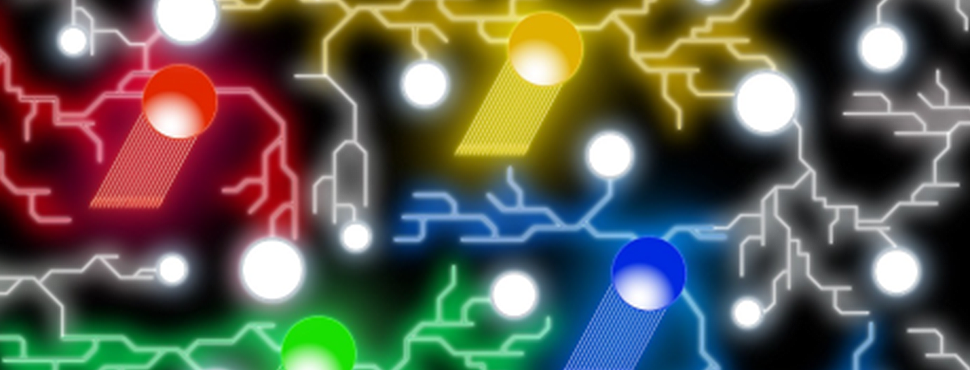
With DAOs, users are no longer left in the lurch when it comes to important platform decisions. For example, the rules for the operation of the Bitcoin and Ethereum protocols are still changed without the participation of the community, although their opinions and needs are certainly taken into account.
However, DAOs still have their weaknesses, and some issues need to be resolved before a decentralized governance approach can improve the world of cryptocurrencies.
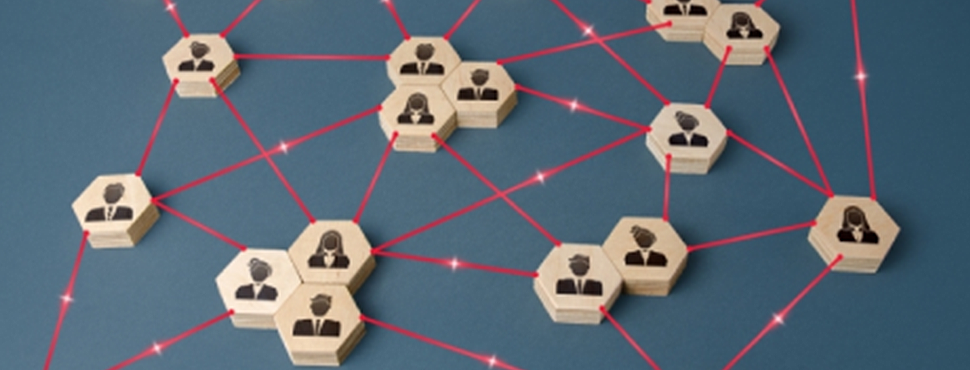
Advantages of DAOs
The following are the pros DAOs offer:
Transparency
All decisions and internal functions of an organization are usually hidden from prying eyes, and users usually learn about them only after the fact, without a chance to influence decision-making in any way. DAOs instead offer a different model: any member of the community can propose to improve the functionality of the blockchain platform, and if the majority of members support it, the changes are made to the protocol. This makes the management of the protocol transparent.
Autonomy
Smart contracts not only automate the work of the decision-making process in DAOs but also make it autonomous by preventing third-party interference in the voting process. Even if centralized companies implemented a voting system, they’d still be able to manipulate the results to their liking and pretend that the management is decentralized.
Open Source Code
As with most blockchain projects, the code in DAOs is completely open, and any developer can verify that the protocol is truly transparent. Moreover, users can find vulnerabilities in the code and submit reports to fix bugs, which increases the security of DAOs.
Equality of Community Members
Many DAOs developed in recent years give members equal voting rights when it comes to adopting changes to the way the protocol works. The original idea of DAO was to delegate power to token holders, thus removing the central authority of top managers and their ability to steer the company’s resources as well as investors’ funds in the wrong direction, from which the entire community suffers.
Efficient Management and Cost Reduction
DAOs operate without physical offices, and there’s no need to hire an executive or top management to make important decisions about the operation of the system. All of this reduces the cost of doing business, and platform development is designed to meet the needs of a group of users who themselves participate in voting on decisions to improve the project.
In Collective Hands
The platform and all the important decisions that make it work don’t belong to a small group of people usually at the helm. DAOs belong to the entire community of crypto enthusiasts committed to development when the platform meets their needs. A centralized group of managers, on the other hand, may only pursue their selfish interests and ignore the real problems of the company’s customers.
The Opportunity to Make Money
Like miners, stakers, or delegates, DAO voters can make money by putting governance tokens into pooled funds. This is similar to shares for which the company pays dividends to investors, except that in Decentralized Autonomous Organizations, users also participate in the important decisions about the operation of the platform.
Disadvantages of DAOs
Many DAOs Are Still Partially Centralized
The rules of DAOs are initially set by the developers, which affects the initial operation of the protocol. Although these rules can be changed over time through voting, this centralizes the protocols to some degree. In addition, for systems that use voting for balloting, centralization has a greater impact on subsequent protocol changes.
No Security Guarantees
Blockchain operates in a decentralized manner. So do DApps and smart contracts built on top of the main network: If hackers can get into the DAO and withdraw funds, it’ll be extremely difficult to stop and prevent further money movements.
This was demonstrated by the incident with the DAO platform in 2016: to recover investors’ funds, an alternative blockchain network had to be created at that time.
However, given the growth of decentralized ecosystems, this is currently not possible. Not to mention that attackers can exploit this by presenting token holders with an originally fraudulent project.
In addition, a centralized company is responsible to customers for its actions in case of mistakes and can easily be taken to court if it refuses to take responsibility, which isn’t possible with DAOs: even before using the platform, users usually sign a user agreement in which they agree to legal agreements and assume all risks when using the platform.
Increases Development Time
Sometimes developers need to intervene quickly, for example, if there are errors in the protocol or other security issues. This problem can also be solved by voting or partial centralization, which gives developers the right to make some decisions regarding the security of the platform DAO without prior approval.
How Difficult Is It to Create Your DAOs?
DAO development, like any blockchain system, is a complex and time-consuming process that requires the involvement of qualified professionals. The choice of the company responsible for developing the Decentralized Autonomous Organization determines the reliability of the protocol.
For example, if vulnerabilities are found, hackers can cause irreparable damage not only to the platform itself but also to the reputation of the company, further affecting its work. You also need to attract users, raise funds, and overcome various legal challenges to make your platform work and grow.
You can commission the development of a DAO platform based on blockchain technology to ICODA, a company that’s been developing and promoting blockchain products for five years. You can take a look at our use cases or leave a request for a free consultation to find out how we can help you with your project.
Conclusion
DAOs are changing the paradigm of how Internet organizations operate. Proponents of Decentralized Autonomous Organizations believe that businesses and their management should belong to the community, not to a small group of individuals who unilaterally make important decisions, often without considering the interests of the customers themselves.
DAO platforms allow users to interact securely over the Internet without having to trust each other, as all transactions are governed by an autonomous smart contract.

